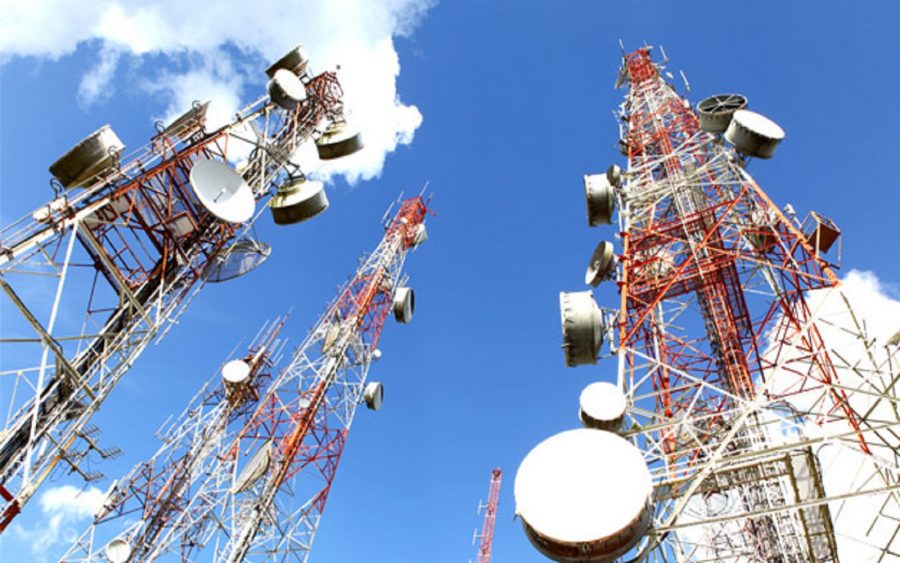A group of researchers have created a nanowire device that can detect microscopic levels of cancer markers in the urine.
According to a study published in the journal ‘Science Advances,’ the development could help to non-invasively diagnose the fatal disease.
Basing their study on the notion of cells that communicate with each other through a number of diverse mechanisms, the scientists developed a novel medical device that can effectively capture the extracellular vesicles (EVs) and potentially use them to screen for cancer.
An extracellular vesicle is a less familiar mode of cellular transport, which can be thought of as small “chunks” of a cell that are able to pinch off and circulate all over the body to deliver messenger cargo to other cells.
The ‘healthsite’ reports that these messengers have become progressively more recognised as crucial mediators of cell-to-cell communication.
This new diagnostic procedure will be a departure from the existing method of diagnosing cancer which involves an expert looking at cell or tissue samples under a microscope. In certain cases, tests performed on the cells’ proteins, DNA, and Ribonucleic acid (RNA) can help tell doctors if there’s cancer.
The tissue sample is called the biopsy specimen.
The testing process is sometimes referred to as pathology. RNA is a polymeric molecule essential in various biological roles in coding, decoding, regulation, and expression of genes.
RNA and DNA are nucleic acids, and, along with lipids, proteins and carbohydrates, constitute the four major macromolecules essential for all known forms of life.



















